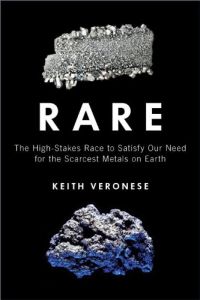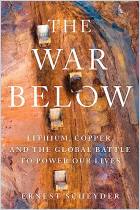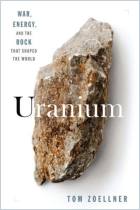Melden Sie sich bei getAbstract an, um die Zusammenfassung zu erhalten.

Melden Sie sich bei getAbstract an, um die Zusammenfassung zu erhalten.
Keith Veronese
Rare
The High-Stakes Race to Satisfy Our Need for the Scarcest Metals on Earth
Prometheus Books, 2015
Was ist drin?
Technology depends on rare metals, but finding and managing them has become a huge challenge.
Recommendation
The majority of high-tech products contain circuits and chips made of rare earth metals. Most people can’t name these rare metals, but modern technology depends upon them. Science writer Keith Veronese’s informative book about the uses of exotic metals – including their political, military, geological and economic impact – covers a fascinating aspect of the future of technology. Veronese includes many little-known facts about geology, topography and rare metals, including their uses as poison and medication. Despite his sometimes distracting, sometimes intriguing, topical meanderings, getAbstract recommends this unusual report to amateur geologists, high-tech industry strategists, investors, entrepreneurs and science junkies.
Summary
About the Author
Keith Veronese writes for Gawker Media, particularly for its science website, io9.com. He also wrote Plugged In: Comics Professionals Working in the Video Games Industry.





















Comment on this summary